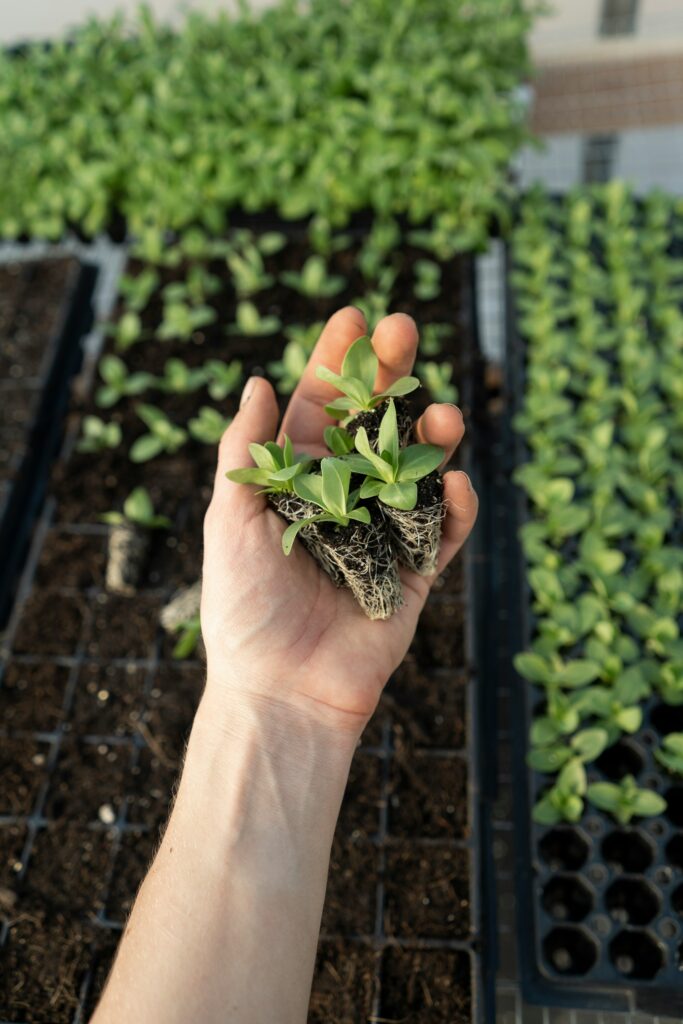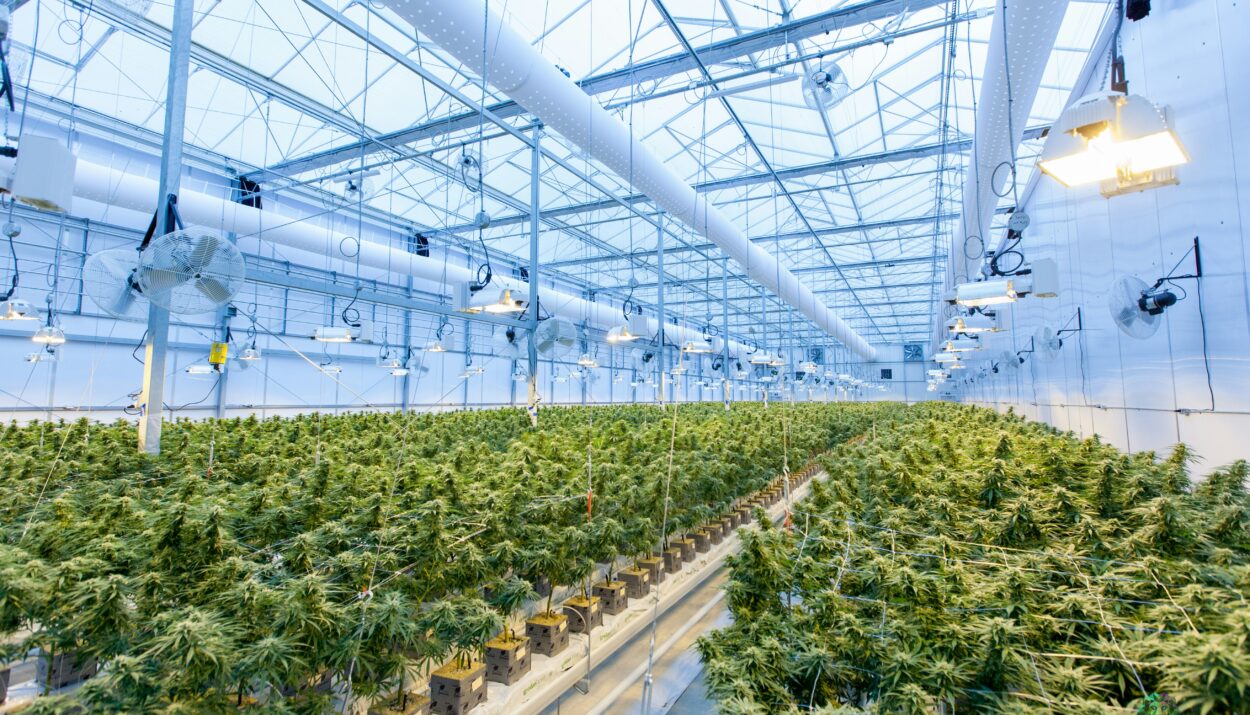In today’s rapidly changing world, the need for sustainable farming practices has never been more critical. As we face the challenges of climate change, soil degradation, and dwindling natural resources, it becomes imperative to adopt farming methods that not only ensure food security but also protect our environment for future generations. Sustainable farming is more than just a trend; it’s a holistic approach that integrates ecological, economic, and social principles to create a resilient agricultural system.
In this blog, we’ll explore the various strategies and innovations that farmers around the globe are implementing to cultivate crops and raise livestock in ways that are both productive and environmentally friendly. Join us as we delve into the world of sustainable farming and discover how these practices can lead to a healthier planet and a more prosperous future for all.
Implementing Sustainable Farming Practices
Evaluate Your Farm’s Current Practices
Begin by assessing your existing farming methods and identifying areas for improvement. Consider soil health, water usage, and pest management practices. Conduct soil tests and evaluate water resources to create a comprehensive improvement plan.
Set Specific Goals
Establish clear, achievable goals for transitioning to sustainable practices. Goals could include reducing chemical use, improving soil health, or enhancing biodiversity. Clear objectives will guide your efforts and help track progress.
Educate and Seek Guidance
Stay updated on sustainable farming techniques through reading, workshops, and expert consultations. Joining local farming networks and organizations can provide valuable support and insights from experienced practitioners.
Start Small and Expand
Implement sustainable practices on a smaller scale before scaling up. Test various techniques and evaluate their effectiveness. Gradually increase your use of sustainable methods as you gain experience and confidence.
Monitor and Adapt

Regularly monitor your farm’s performance and make necessary adjustments. Track key indicators such as soil health, water usage, and crop yields. Continuously refine your practices to optimize outcomes and address any challenges.
The Future of Sustainable Farming: Innovations and Trends
The future of sustainable farming is set to be transformed by emerging technologies, scientific research, and a stronger focus on environmental responsibility. As global challenges like climate change and resource scarcity intensify, the evolution of sustainable agriculture will play a critical role in ensuring food security and ecological balance. Here’s an exploration of the key trends and innovations shaping the future of sustainable farming:
Precision Agriculture
Advanced Technology: Precision agriculture leverages cutting-edge tools such as GPS, drones, and sensors to fine-tune farming practices. These technologies enable farmers to monitor various factors, including soil conditions and crop health, with remarkable accuracy.
Benefits: By applying resources more precisely, precision agriculture minimizes waste and reduces environmental impact. For example, real-time soil moisture data allows for more accurate irrigation, conserving water, and enhancing crop growth.
Climate-Resilient Crops
Genetic Advances: The development of climate-resilient crops is crucial as weather patterns become more unpredictable. Innovations in genetic engineering and traditional breeding are creating crop varieties that can better withstand extreme conditions like drought and heat.
Benefits: These resilient crops contribute to stable food production even in the face of climate variability. They also reduce the need for chemical inputs, which supports the goals of sustainable farming by minimizing environmental harm.
Regenerative Agriculture
Focus on Soil Health: Regenerative agriculture emphasizes practices that restore and enhance soil health. Techniques such as cover cropping, reduced tillage, and rotational grazing aim to increase soil organic matter and biodiversity.
Benefits: This approach not only improves soil fertility and water retention but also helps sequester carbon, mitigating climate change impacts. Regenerative methods create a more resilient farming system by recycling nutrients and supporting ecosystem health.
Digital Farming Tools
Data Utilization: The rise of digital tools and data analytics is revolutionizing agriculture. Technologies such as farm management software, predictive analytics, and blockchain for traceability are becoming integral to modern farming.
Benefits: These tools provide farmers with actionable insights, enhancing decision-making and operational efficiency. They also facilitate better supply chain management and transparency, making it easier to track and promote sustainable practices.
Urban and Vertical Farming
Innovative Approaches: Urban and vertical farming techniques are designed to maximize food production in confined spaces. Methods like hydroponics, aeroponics, and aquaponics enable high-density crop cultivation in urban areas.
Benefits: These farming methods address issues related to urbanization and food transport, bringing fresh produce closer to consumers. They also help reduce the carbon footprint associated with food distribution by localizing production.
The future of sustainable farming is characterized by technological advancements, genetic innovations, and new farming techniques that aim to increase productivity while preserving environmental integrity. By adopting these evolving practices, we can create agricultural systems that are both resilient and capable of meeting the needs of a growing global population. Embracing these innovations will be key to advancing towards a more sustainable and efficient food system.
Conclusion: Cultivating a Sustainable Future
As we have explored, sustainable farming is not just an agricultural practice but a commitment to nurturing our planet and ensuring the well-being of future generations. By adopting methods that conserve resources, enhance biodiversity, and promote soil health, farmers can play a pivotal role in combating climate change and fostering a more resilient food system. The journey towards sustainability may be challenging, but the rewards are immense – from healthier ecosystems to more robust local economies. As consumers, we also have a part to play by supporting sustainable products and advocating for policies that encourage eco-friendly farming practices. Together, we can cultivate a future where agriculture thrives in harmony with nature, paving the way for a greener, more sustainable world.

More about modern and sustainable farming here
Related post:










